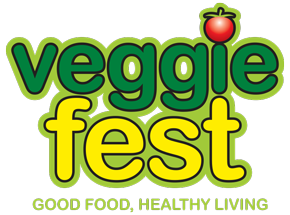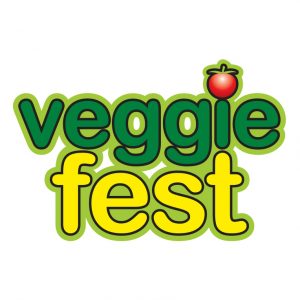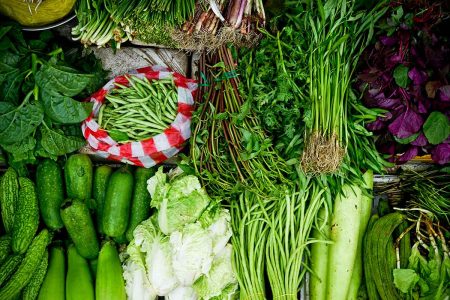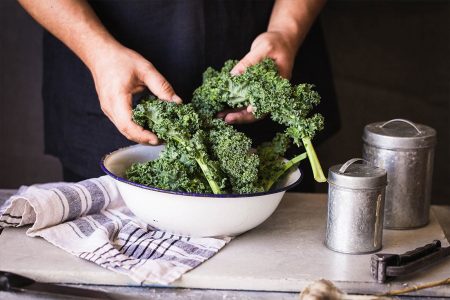“The Economist” just announced that 2019 is “The Year of the Vegan.” This is an extraordinary statement. According to research, within a very short time—four years, to be exact—not only countries but the world has been impacted by individuals choosing vegan food substitutes over meat.
In other words, you and I have made daily decisions as to what to purchase and eat that have changed—and are continuing to change—world economies.
If you ever wondered whether we as individuals could transform the world, whether we could make it a better place for all living beings, then look no further. We are, we have, and in just 4 years.
Choice is powerful.
This brief article gives us hope that human beings are not only looking out for their own health and happiness, but they are—we are—striving to reshape the world. Its focus is on millennials, for wherever “millennials lead, business and governments will follow.” However, from where I’m standing, the responsible parties for this sea-change are not only millennials but Gen-X, Gen-Z, Baby Boomers, and all concerned citizens worldwide who want to model compassion and use the power of choice to do so.
The Economist indicates how big industries like McDonalds are taking notice of this trend and how vegan food companies are thriving in the marketplace, noting the tremendous sales of Beyond Meat and Vivera (a Dutch enterprise whose vegan steak is in significant demand in Europe).
Calling them “transformative technologies,” The Economist suggests that vegan industries—in both food and cloth production—are good investments and the wave of the future. These industries, accordingly, will help reduce “the environmental hoofprint of animal husbandry.”
This is a huge statement, to bring climate change into the foreground! Is The Economist suggesting that we promote industries that combat climate change because they are both morally good and economically sound? I hope so.
The good news for us (and the planet), is that the veg diet is no longer deemed a hippie, alt-left trend. It’s fast becoming mainstream, and its popularity intersects gender, age, culture, race, political camps, and economic differences. What better way to bring us together—all of us—than through our shared interest in the veg lifestyle, one that guarantees overall health for ourselves, for our children, for the animals we share this planet with, and for the planet itself.
~ Kathryn Kruger for the Veggie Fest Team







